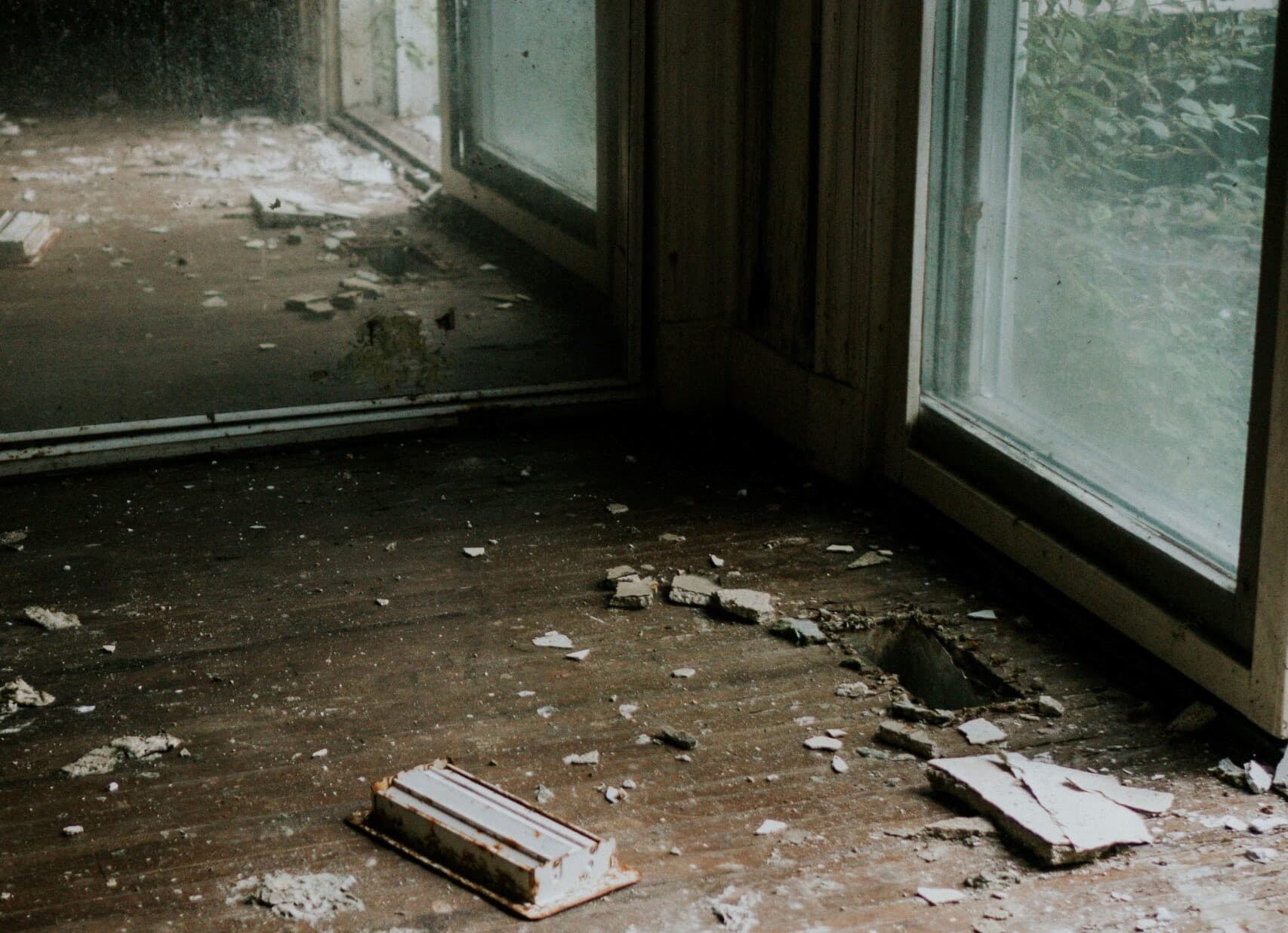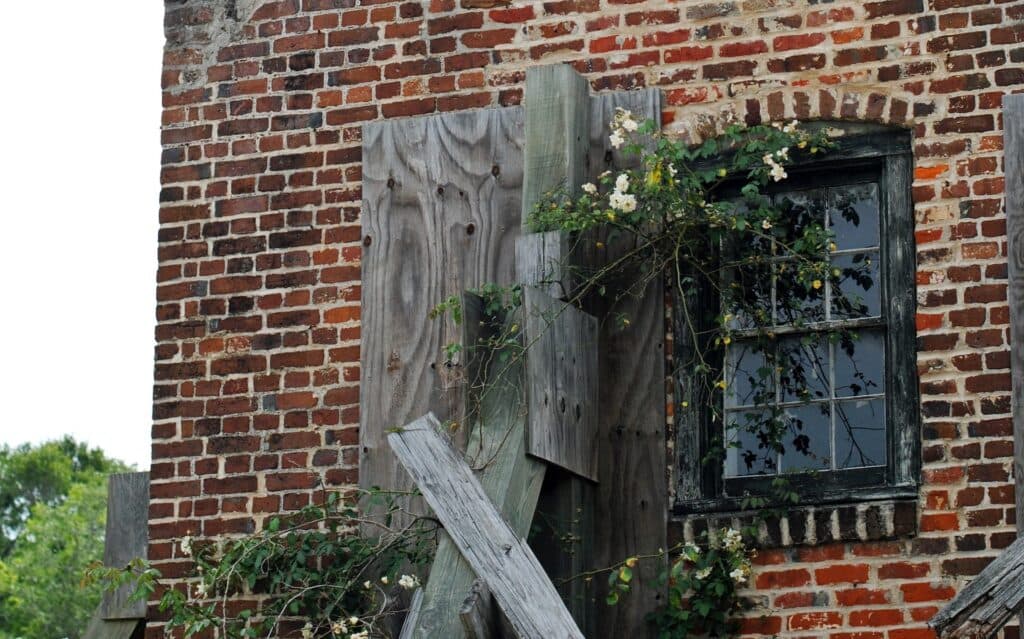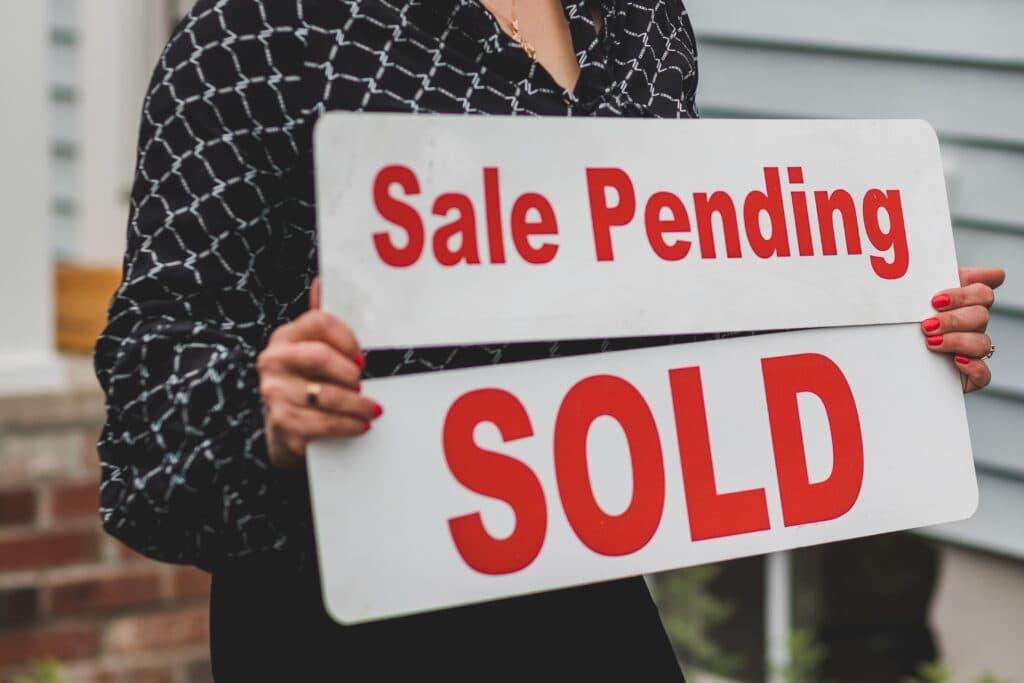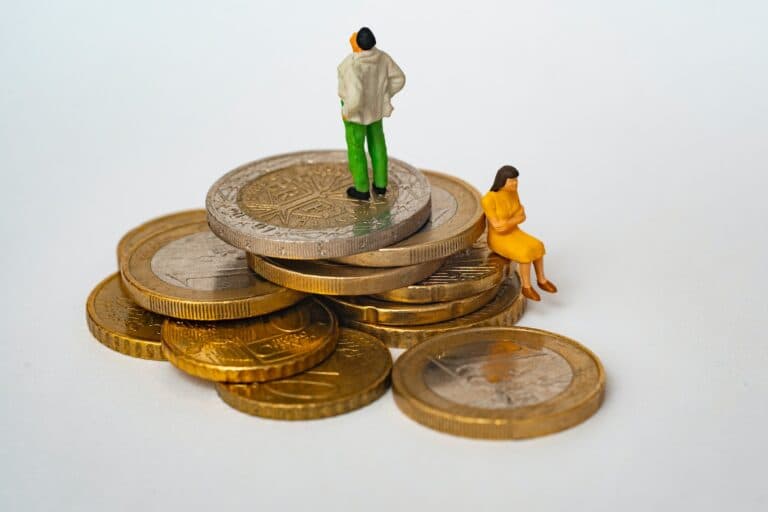
Jan 23, 2023 - 12m read
Can You Buy or Sell Condemned Properties?
If you’re the owner of a condemned property, it’s likely that you want to get out of this situation by selling your home and obtaining any proceeds you can from it.
Anthony Reinoehl
Co-Founder
Whether you own a condemned property or are interested in buying one, these homes may appear to be dilapidated and worn down. There are several reasons why properties can be condemned, one of which is because the property belonged to a hoarder. In these situations, cleaning the home could be challenging.
Some of these properties are in such poor condition that the best option would be to demolish them altogether. The value of the property would then be the land itself or any structure that was rebuilt in its place. There are times when an investor will want to buy the property to perform renovations and eventually rehab it to its original state.
If you’re the owner of a condemned property, it’s likely that you want to get out of this situation by selling your home and obtaining any proceeds you can from it. Since investors and contractors will put money into condemned homes, you may be able to find a buyer who’s willing to offer a fair price. In this guide, you’ll find out if it’s possible to buy or sell condemned properties.

What is a Condemned Property?
A condemned property involves any property that’s deemed to be unusable or unsafe. Properties aren’t condemned until a government entity states that the home is uninhabitable because of specific issues. In most cases, local government bodies make these decisions.
If your home has been officially condemned, you may be unable to live there until extensive repairs have been completed and an inspection has taken place. Having your home condemned doesn’t typically make it impossible for the home to be restored.
What Are The Grounds For Condemning a Property?
Any government agency in the state can list a home as being condemned, which means that this process can occur at the state, city, or county level. Most condemned homes obtain this designation because the property is considered a threat to the health and safety of the broader public. It’s likely that anyone who lives in the home would be at serious risk of being injured.
In most scenarios, owners of condemned properties will have already left, which means that the property is in its current state because no one maintained it. It’s estimated that more than 16 million properties are currently vacant throughout the U.S., many of which are abandoned and will eventually be labeled as condemned homes. The main reasons for a condemnation include:
- The property isn’t outfitted with essential utilities, which include sewer, electricity, septic system, and water
- The property has deteriorated to the point that it’s unsafe
- The home is highly unsanitary
- The property has been left vacant for a lengthy period of time without maintenance
It’s impossible to live in a home when it’s condemned. After the condemnation occurs, you’ll receive a notice that states the amount of time you have to move out.

What Happens to Condemned Properties?
In the event that you currently own a condemned home, it will likely be seized by the local government, after which you’ll need to leave the property immediately. Condemned signs will then be placed on the front door that state the property is uninhabitable.
At this time, the government could order you to make the required repairs. If you refuse to do so or the home is considered to be beyond repair, you could then be forced by the government to demolish your home, which you would need to pay for. Keep in mind that trespassers and squatters are attracted to condemned homes, which could make it more difficult for you to perform the necessary repairs.
Can You Live in Condemned Properties?
While different states have different laws, you’re usually not allowed to live in a condemned home. If the home is condemned during the winter, it can be winterized to make sure that further damage isn’t caused by poorly maintained utilities or frozen pipes. However, the government can shut off power and gas to the property.
Even without these laws being in place, living in a condemned home can put you in danger. In the worst case scenario, the home could cave in. Allowing someone to live in a condemned home would potentially cause the city to be liable for anything that happens. If you don’t comply with the order to move out of the home, you could be fined or placed in jail.

Can You Sell Condemned Properties?
If you own a condemned property and want to sell it, doing so is almost impossible. Many local governments don’t allow homeowners to sell a condemned home even if the new owner is willing to make all of the necessary repairs. If you live somewhere that allows a condemned property to be sold, you need to be clear about the property’s condition. Try to obtain interest from investors who want to restore the home to its original condition.
You could also choose to make the repairs on your own. While repairing everything yourself is costly and challenging, it may be possible depending on the extent of the work that needs to be done. While some structural problems may not be fixable, you can take steps to get rid of black mold and repair termite damage.
The best solution may be to demolish the property so that it can be sold as a piece of land. From here, you could find developers who are willing to invest in the land and build a new structure on it. If you’ve hired a real estate agent, ask them to help you create a plan of action that will allow you to sell your condemned home.
Can You Buy Condemned Properties?
You can definitely purchase a condemned home. In fact, most of these properties are available at steep discounts. However, there are issues with buying a condemned home. For one, there are more rules and regulations that must be adhered to.
You’ll need to make sure that no liens have been placed on the home. If a lien exists, it will need to be cleared if you want to avoid inheriting the debt. Some lenders also avoid loaning money for condemned properties because of the increased risk, which means that you would likely need to finance the purchase entirely in cash. The purchase must also be cleared with the city beforehand.
How to Buy a Condemned Property
If you’re intent on purchasing a condemned home, you should first obtain as much information as you can. This information can be found in engineering reports, photos, and architectural drawings. Make sure that the cost of demolition or repairs is also estimated.

Research Regulations
As mentioned above, check for any liens that involve unpaid property taxes or other bills. You’ll then need to work with the entities who issued these liens to have them cleared.
Find a Lender
Most lenders won’t financed condemned properties. You can, however, find a private lender who will work with you to provide any additional cash you require. If you have enough cash on hand, buying a condemned home shouldn’t be a problem.
Obtain City Clearance
Your purchase must be cleared with the city, which can require you to provide a plan on how you’re going to remediate and repair the condemned home upon purchase.
Cover Costs
The costs associated with buying a condemned home can vary considerably. If a home is able to be restored, it may be much more valuable when compared to one that needs to be demolished. The factors that influence the cost of the property include:
- Why the home was condemned
- The home’s location
- Property amenities
- Number of baths and bedrooms
- Size of the land
- Home’s square footage
Your real estate agent can use a comparative market analysis (CMA) to identify the property’s current value.
Find a Realtor with Experience
If you want to buy a condemned home, hire a realtor who knows about all of the local laws and bureaucracy that must be taken into account. Your agent could also give you recommendations on reputable contracting companies that would provide the necessary repairs.
Pros and Cons of Buying Condemned Property
Even if you have the means to purchase a condemned home, you shouldn’t necessarily do so. One drawback is that gaining approval for the purchase takes a long time. Weigh the pros and cons of this purchase before making your decision.

Pros of Buying Condemned Property
There are several reasons why buying a condemned home is a good option. For one, you’ll be able to get a great deal on the property since lenders want to get back some of the money they lost. Officials don’t want condemned homes in their cities, which is another reason why the costs may be low.
You could also purchase a condemned home as a secondary home, which means that you wouldn’t need to go through the hassle of making repairs or renovations quickly. Buying one of these homes gives you the potential for high returns on your investment.
Cons of Buying Condemned Property
The primary issue that comes with buying a condemned home is that you’ll need to pay for the costs of repairing the property to make it livable. If the home is in a poor enough condition, it may need to be demolished entirely before you rebuild from scratch.
If you believe that you’ve identified all of the existing problems with the home when you walk through it, new issues can be discovered once you begin renovations. These issues could increase your costs by a substantial amount. New repairs also take up more time. While the home is being remodeled, you must live somewhere else, which means that your monthly costs will be high until renovations are complete.
In Georgia, it’s possible to sell a condemned home after it’s been repaired. If your home is in poor condition but has yet to be condemned, CC Capital can buy it from you. Once you call us and we identify the home’s current value, we’ll make an offer. If you accept this offer, you’ll receive cash for your home on closing day.
Let's Talk
CC Capital is Constantly Climbing to ensure we are at the forefront of simplicity and service when it comes time to sell your home. We are always available to answer any questions you may have. Please reach out to us today!


